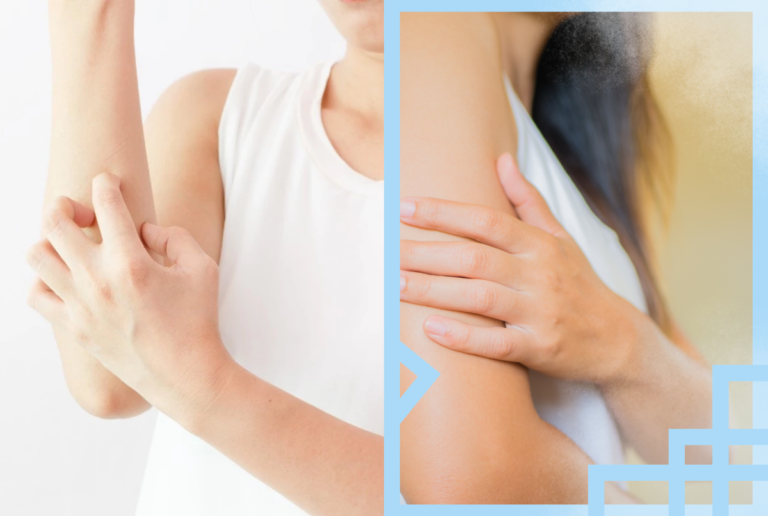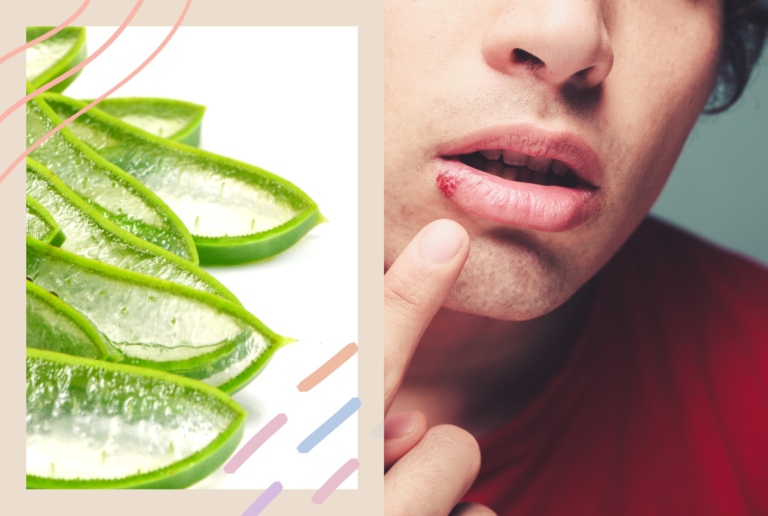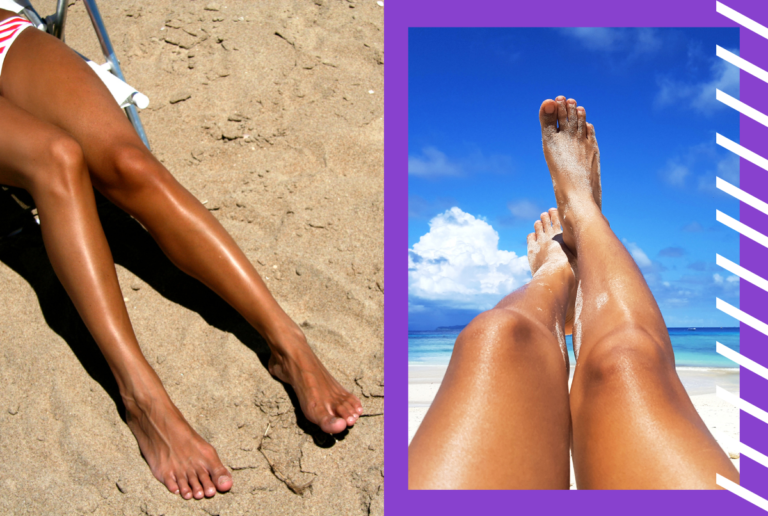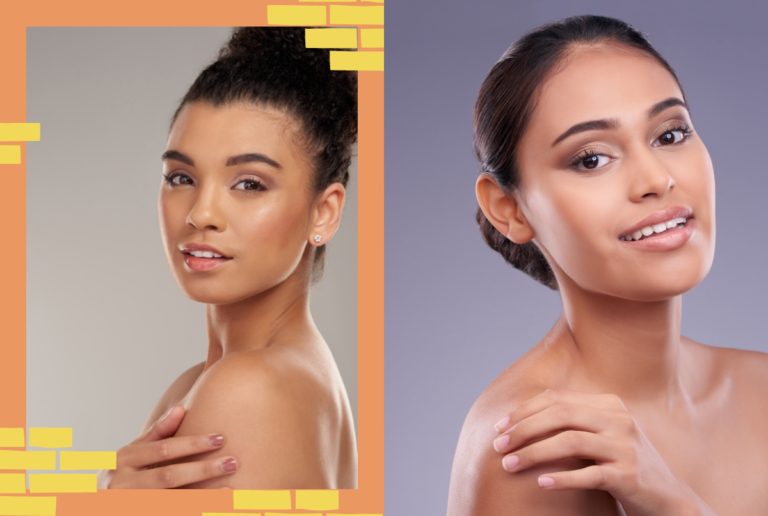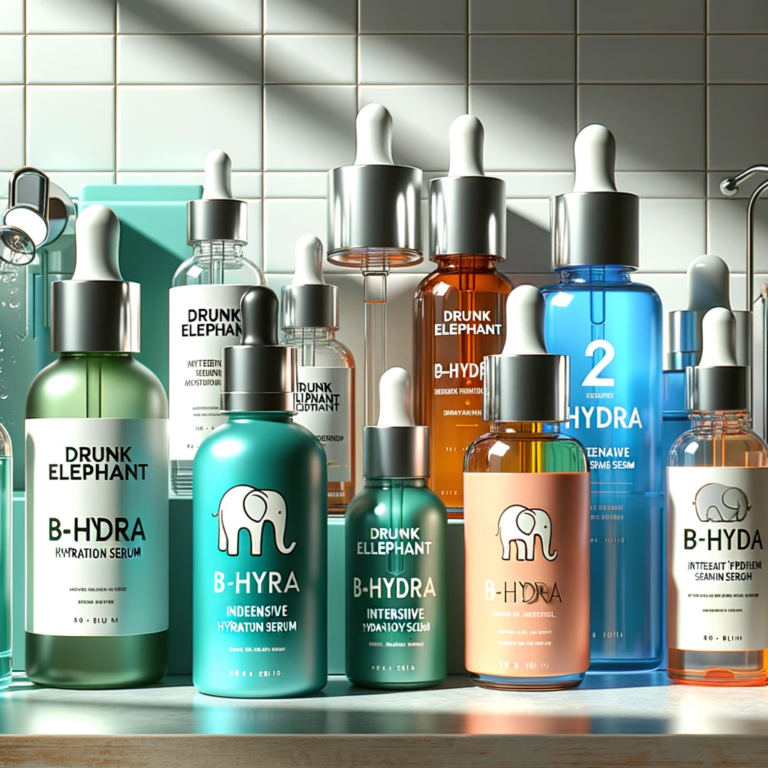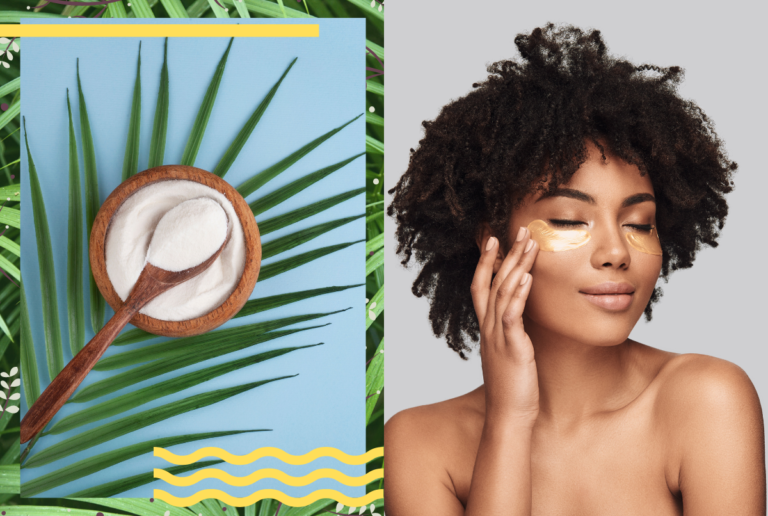Asian Skin Tone And How To Take Care Of It?
Asian skin tone differs from Caucasian skin in terms of facial features and pigmentation.

Some Asians have darker eyes, lips, and cheeks than other ethnic skin types. They might also have thicker hair and eyebrows while the skin texture could be paler or feature darker skin tones.
A common perception is that the Asian population has smooth and soft skin compared to other ethnic groups. But this is only possible when people have oily skin, which keeps their skin hydrated.
In fact, Asians are said to have very delicate skin, prone to damage from the sun and other environmental factors. Therefore, as an Asian, you should consider learning about the various Asian skin tones to follow a proper skincare routine.
Read on to find out more about Asian skin tones and how to take care of them.
What Skin Tones Do Asians Have?
Asian skin tone falls under a wide range of categories because some Asians have light brown skin, while others have dark skin tones. There are also many diverse shades of brown in between compared to caucasian skin tones.
However, Asian skin tones are generally classified into four categories and this classification is primarily based on the Fitzpatrick Asian skin typing.
1. Light Skin Tones
This is the most common skin tone among Asians with light or pale skin tones found in countries like China, Korea, and Japan. Asians with this skin tone are usually pale, with slightly pink or yellow cool undertones.
People with light skin tones have a porcelain-like complexion and minimal pigmentation due to the lack of melanin pigment in their skin.
2. Medium Asian Skin Tone
Asians with medium brown skin tones usually have wheatish to light brown complexion with yellow or peach undertones. This is because they have more melanin in their skin cells and live in areas with a lot of sunlight.
Consequently, people with medium Asian skin tones tend to burn easily in sunlight, such as in South Asian territories like India, Pakistan, Afghanistan, Nepal, and Bangladesh.
3. Tanned Skin Tone
You can see people with tanned skin tones usually have olive skin or dark brown skin color. And most Asians with this skin tone have red or yellow warm undertones.
A majority of the population from Singapore, Thailand, the Philippines, Malaysia, and Indonesia have tan skin tones. But since people in these regions have more melanin, they are more susceptible to skin damage such as hyperpigmentation and skin cancer.
4. Dark Skin Tone
This skin tone is the darkest among all Asian skin types and people with this undertone have a very dark brown or black complexion with high pigmentation. At the same time, the brown undertones give their beautiful skin a rich, exotic look.
Some of the people with dark Asian skin tones are found in countries like Malaysia, Indonesia, Maldives, and Sri Lanka.
Common Skin Concerns Faced By Asians
The texture of your skin tone largely depends on the melanin levels of your skin. If you have a darker skin tone, that means you have more melanin and the amount of melanin-producing cell pigment is said to be higher in Asians.
But harmful sun rays or other biological factors can easily damage this pigment. That is why Asian skins are more susceptible to dryness, irritation, blemishes, etc.
Here’s a list of all the common skin problems that are prevalent among Asians.
1. Acne
A variety of factors, including hormones, genetics, and lifestyle choices, cause acne. Some Asians tend to have more sebum, or oil, in their skin, which can clog pores and lead to breakouts.
Diet can also play a role in acne, as certain foods can trigger inflammation. Even the warmer climate can trigger acne breakouts in Asian skin and if not treated properly, it can result in acne scarring.
2. Hyperpigmentation
Asian skin is generally more susceptible to hyper-pigmentation due to higher melanin levels. Sun damage, hormonal changes, medications, or certain skincare products can increase melanin levels. And since the melanin is more concentrated, it takes longer for the skin cells to mature and create a skin barrier.
For this reason, Asians are more likely to experience hyperpigmentation.
3. Melasma
Melasma is a condition that causes light or dark patches on the skin, typically on the face. Hormonal changes, constant sun exposure, or certain skincare products are responsible for this skin condition. But Asians tend to be more susceptible to melasma due to the extra melanin present in their cells.
Depending on the severity and type of treatment, these melasma patches can fade away in a few years.
4. Dry Skin
Dry skin is a prevalent problem in Asians and the main reason for this is that some Asians don’t produce much sebum. Sebum is your skin’s natural oil that leads to skin hydration and helps maintain a smooth skin surface.
Without enough sebum, the skin becomes dry, rough, itchy, and cracked. Other possible causes could be chemical peels, hot weather, and windy conditions, as they easily irritate the skin and make it drier.
How To Care For Asian Skin Tones?
Though Asian skin is beautiful, it’s challenging to maintain such sensitive skin. The weather, pollution, and food you eat can affect your skin health, increasing the chances of dryness, sun damage, sensitivity, and hyperpigmentation.
To get beautiful skin, you need to start with good skincare routines. These include washing your face at least twice daily, using a moisturizer, and applying sunscreen or makeup correctly.
We have highlighted 7 crucial tips to help take care of Asian skin tones.
1. Use Sunscreen
Asians are more at risk of developing skin cancer due to the higher UV levels and warmer climate in the Asian continent. So, it is always recommended to use sunscreen with an SPF of at least 30. This way, you can protect your skin from damaging ultraviolet rays.
Sunscreen is absolutely essential if you tend to spend more time outside since sunlight causes damage to the skin over time and can lead to premature aging. If you have an Asian skin tone, use a broad spectrum SPF 50+ sunscreen daily and apply moisturizer after sunscreen to help prevent skin dryness.
2. Moisturize
Moisturizing keeps Asian skin soft and supple, so when using moisturizer, make sure to select a product that contains natural ingredients. Look for products that have aloe vera, shea butter, jojoba oil, vitamin E, and glycerin – these ingredients work together to provide moisture without making the skin greasy.
3. Exfoliate
Dead skin cells build up on the surface of your skin and clog pores, resulting in blackheads and whiteheads. However, exfoliation removes dead cells from the surface of the skin; that’s why you should exfoliate your skin once every two weeks.
To exfoliate, add half a teaspoon of sugar and two teaspoons of baking soda together in a bowl. Mix well and then rub onto a damp face before rinsing thoroughly.
4. Drink Plenty Of Water
Dehydration can cause dry skin and wrinkles, so ensure that you hydrate yourself throughout the day by drinking lots of water. Water helps flush toxins from your system and replenishes the skin’s natural oils to keep the skin cells healthy.
5. Eat Foods Rich In Antioxidants
Antioxidants protect your sensitive skin from free radicals, which can cause sun damage. Such antioxidants are typically found in fruits and vegetables, so try eating apples, spinach, broccoli, and tomatoes regularly to have healthy skin.
6. Avoid Smoking
Smoking cigarettes damages your lungs and increases the risk of developing lung cancer. It also makes your skin look older than it really is and you must stop smoking if you want to improve your skin condition.
7. Use A Gentle Cleanser
Gentle cleansing products remove dirt and makeup without stripping away your natural oils. Therefore, choose a gentle cleanser that does not contain alcohol because alcohol tends to dry out the moisture from your skin more swiftly. Instead, use a cleanser that contains favorable ingredients such as glycolic acid, lactic acid, or salicylic acid.
Final Words
Asians are one of the most ethnically diverse groups of people in the world, and their skin can be just as diverse. Asian skin textures vary from pale to dark brown tones, depending on genetic background while their skin tones are typically more sensitive than other ethnic skin types.
So, taking extra care of Asian skins is essential to maintain a healthy, youthful appearance. To do this, you should keep your skincare routine consistent and avoid sun exposure when possible. And try to eat a balanced diet that is both healthy as well as nutritious.
Moreover, if you are struggling with acne or melasma, do visit a dermatologist, as they can help determine the cause of your skin condition. A dermatologist will even assist you in developing a treatment plan perfect for your skin type.

